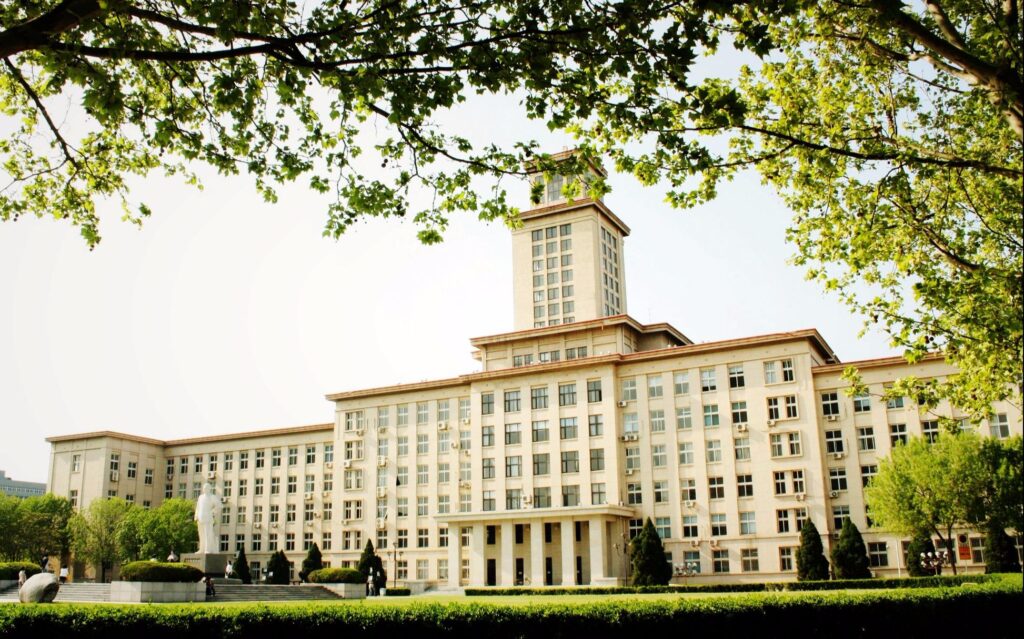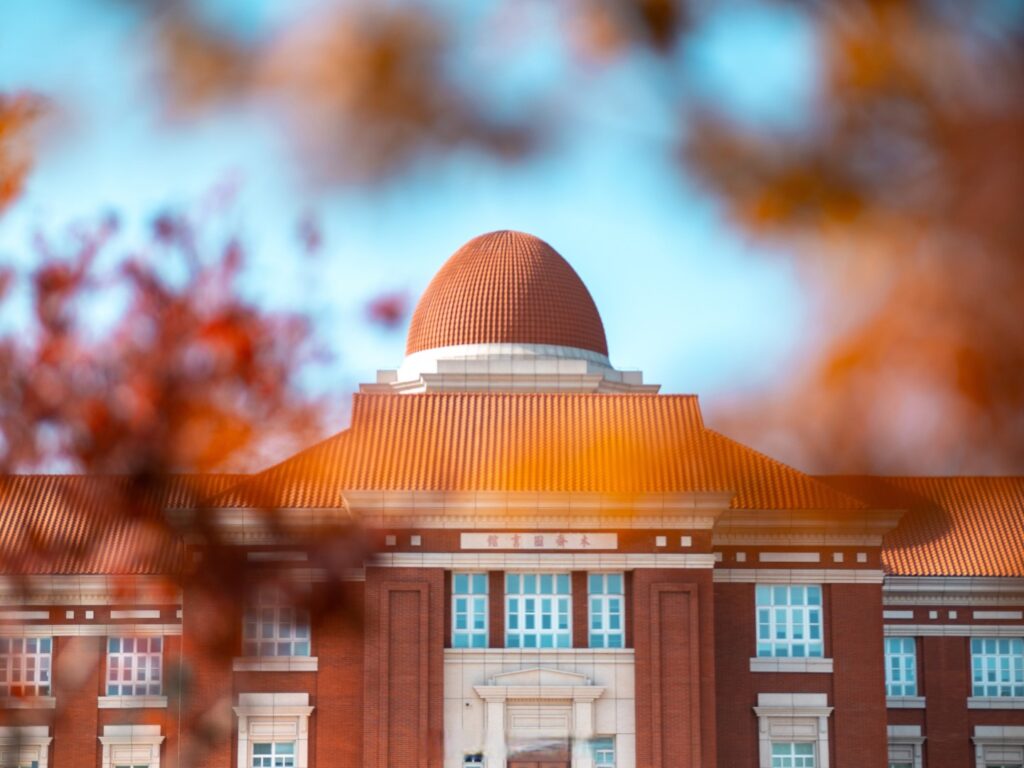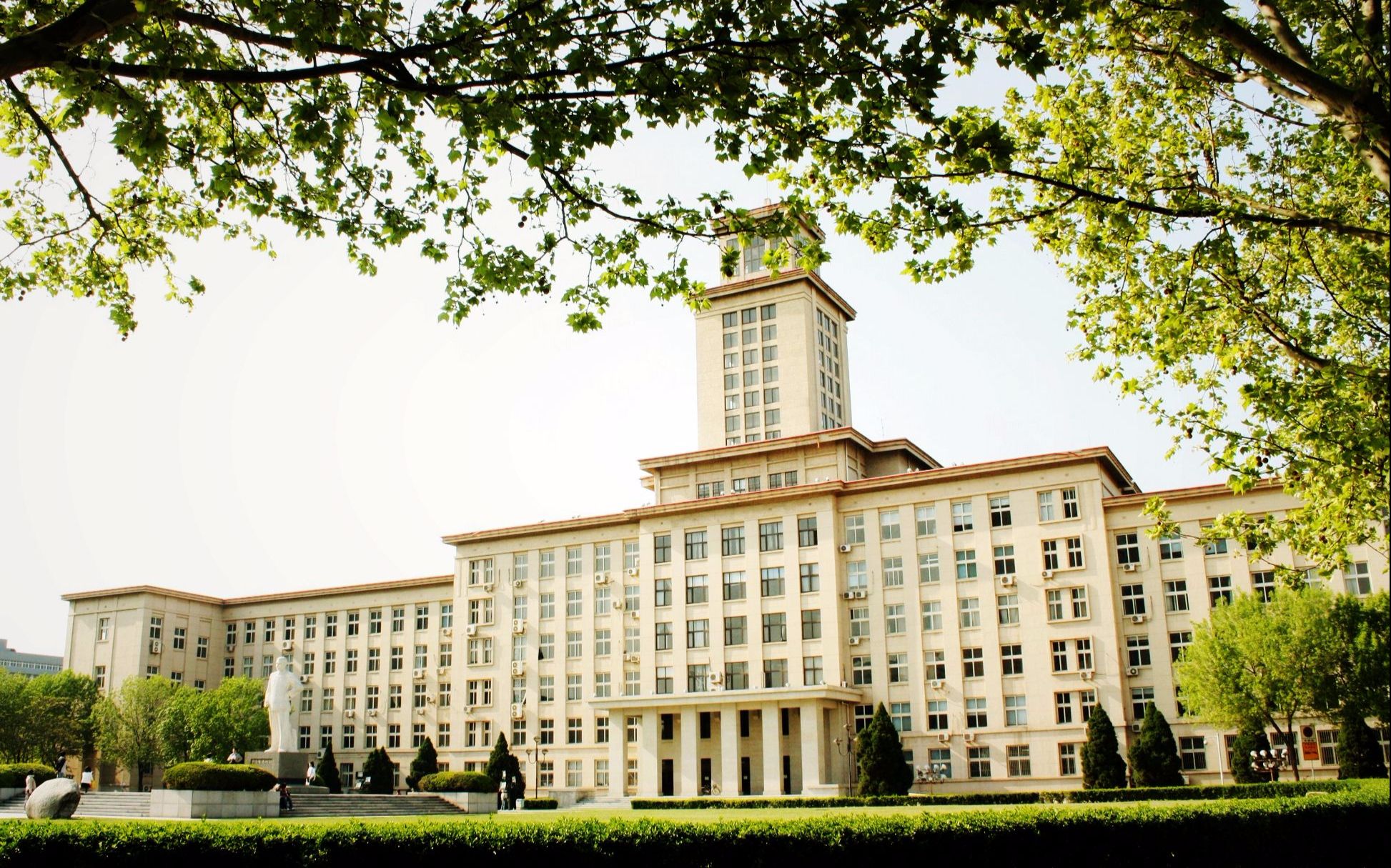Nankai University is a key comprehensive university directly under the Ministry of Education of the People’s Republic of China and the alma mater of the late Premier Zhou Enlai. As a Class A university in the “Double First-Class” initiative, Nankai University has developed a distinctive educational philosophy characterized by a balanced emphasis on liberal arts and sciences, a strong foundation in basic disciplines, and a focus on application and innovation. The university ranks among the top institutions of higher education in China in terms of comprehensive strength. The university vigorously implements the “talent-driven university” strategy, actively attracting high-level talent from both domestic and international sources, and has gradually established a Nankai-specific talent system characterized by leading-edge talent as the vanguard and the recruitment and cultivation of outstanding young talent as the foundation.

Nankai University adheres to the motto of “Integrity and Capability, Constant Innovation,” upholds the traditions of “Patriotism, Dedication, innovation, and social harmony,“ as well as the philosophy of ”literature to govern the nation, science to strengthen the nation, and commerce to enrich the nation.“ With the motto of ”Understanding China and Serving China,” and taking its distinguished alumnus Zhou Enlai as a model, the university cultivates outstanding talents, promotes academic prosperity, strengthens the nation, and preserves civilization, striving to build a world-class university.
The materials science discipline at Nankai University traces its origins to the 1950s. Through decades of deep accumulation and relentless exploration, it has developed a distinctive and robust materials science discipline system, laying a solid foundation for cultivating outstanding talent in the field of materials science and advancing scientific and technological progress. After decades of accumulation, in 1999, the university integrated its strengths in the field of new materials to establish the Materials Chemistry program and began admitting undergraduate students. In 2000 and 2003, it obtained master’s and doctoral degree authorization points, respectively, and in 2009, it established a postdoctoral research station, gradually establishing a comprehensive materials science discipline system. To align with the national new materials development strategy and the rapid development needs of the materials discipline, Nankai University established the School of Materials Science and Engineering and the National New Materials Research Institute of Nankai University in July 2015. In 2017, the “Materials Science and Engineering” discipline was selected as one of the first batch of “Double First-Class” disciplines in the national “Double First-Class” initiative. In 2022, it was again selected for the second round of the “Double First-Class” initiative, providing strong support and development momentum for the school and discipline to strive toward international excellence. Currently, Nankai University’s “Materials Science” discipline has risen to 53rd place globally in the ESI rankings (top 3.42‱), with its average citation frequency per academic paper and total number of citations both ranking among the world’s leading positions.

Since its establishment, the school has consistently prioritized the recruitment and cultivation of outstanding talent, establishing a institutional framework centered on incentive mechanisms to continuously stimulate the intrinsic motivation and innovative vitality of its faculty. The school currently has a faculty of 102 members, including 73 full-time teachers, among whom are 3 members of the Chinese Academy of Sciences (including 2 part-time members), 4 recipients of the National Outstanding Youth Science Fund, 2 selected for the Ministry of Education’s Leading Talent Program, 2 selected for the National Leading Talent Program, and 19 “Four Young” talents. High-level and “Four Young” talents account for 32% of the full-time faculty, with an average age of 42.
The college boasts a well-structured professional discipline layout, an outstanding faculty, high-level teaching and research platforms, and world-class research achievements. The “Materials Science and Engineering” program has been selected as a national first-class undergraduate program in the first round, and the college offers complete master’s, doctoral, and postdoctoral programs. It has 7 research institutes/centers, 1 National Chemical Experiment Teaching Demonstration Center, 1 Materials Science Experiment Teaching Center, and 1 Large-Scale Shared Instrument Platform. The college has built or participated in the construction of several important research platforms, including the Higher Education Discipline Innovation and Intelligence Introduction Base for Inorganic Solid Materials and Energy Chemistry, the Tianjin Chemical Engineering Collaborative Innovation Center, and the Ministry of Education Key Laboratory for Advanced Energy Materials Chemistry. Adhering to the core philosophy of high-quality, inward-driven development, the college has achieved significant results in serving national strategies and promoting scientific innovation. It has published over 700 papers in top-tier journals, including three in Science, and its research achievements have won two National Natural Science Awards (Second Class) and over ten other provincial and ministerial-level awards.



